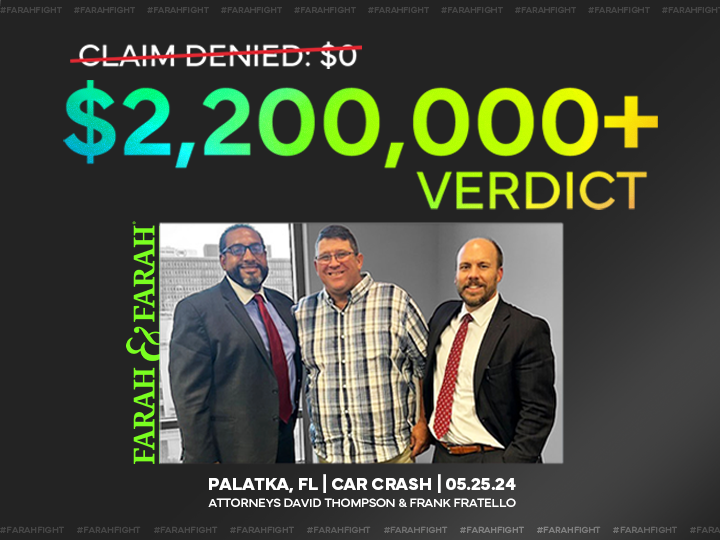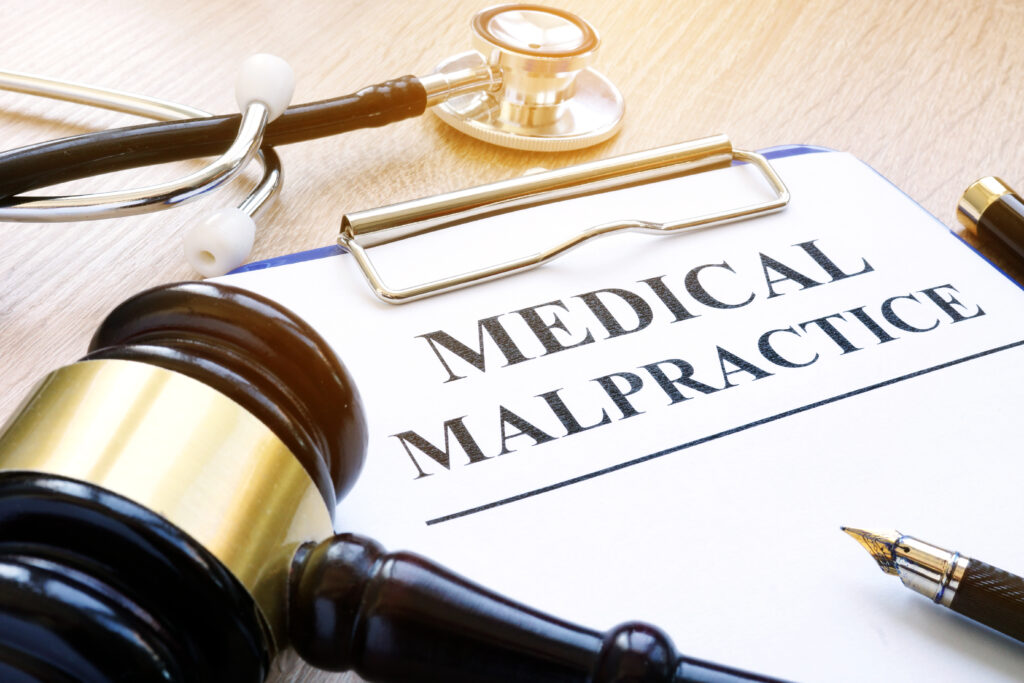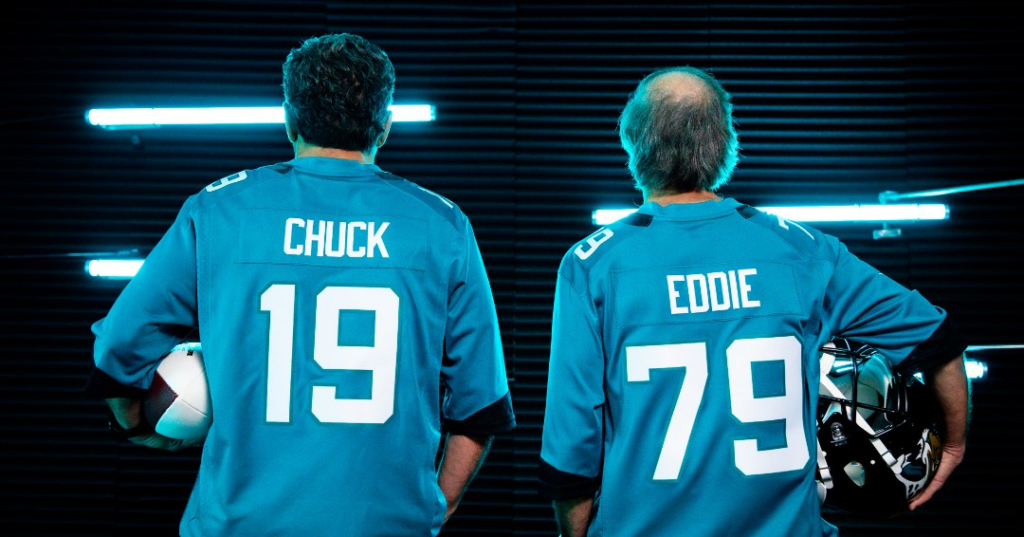Defective Medical Device Attorneys
A wide range of products, from simple ones such as tongue depressors and disposable gloves, to complex ones like MRI machines and defibrillators, are all included in the medical device category. The medical device field is thus a billion-dollar industry, with experts expecting it to reach $409 billion in 2023. When huge profits are on the line, sometimes companies cut corners when it comes to testing, safety, and quality assurance, which can expose end users to unreasonable risk.
Home » Defective Medical Device Attorneys
What Are Defective Medical Devices?
A medical device is meant to help patients and treat medical conditions. However, if a mistake occurs in the design or manufacturing process or if the company fails to warn of potential risks associated with using the device, patients could be harmed.
Some defects can occur because the design process was rushed or testing was inadequate. Sometimes, companies are aware of defects, but push the product to market anyway or downplay the possible risks so that more people may use the device.
WE STAND UP AGAINST COMPANIES THAT CHOSE PROFIT OVER PEOPLE.
Defects can irreparably harm patients’ health and well-being and change families’ lives irreparably. Injuries from a defective device can result in lost wages, high medical bills, and decreased quality of life.

At Farah & Farah, we help you obtain the financial compensation you are entitled to through a defective medical device claim or lawsuit. It’s not fair to face financial hardship and a long, difficult recovery when a dangerous medical product caused your injury. Our attorneys offer the support and guidance you need to navigate the justice system and receive fair compensation.
Why Is It Beneficial To Hire a Defective Medical Device Lawyer?
If you have been harmed by a defective medical device, the attorneys at Farah & Farah will provide the complete support you need to seek compensation for your personal injury. When a medical device is found to be defective or recalled due to manufacturing mistakes, design errors, or incorrect or insufficient labeling, instructions, or warnings, you may be entitled to hold the manufacturer responsible for medical costs and damages.
With an extensive background in defective medical device litigation, our team will guide you through the legal process and toward the best possible outcome for your case. We have the resources to take your lawsuit to trial and fight for the justice you deserve. Meanwhile, you pay no fees unless we win. By partnering with a committed legal team that is experienced in defective medical device lawsuits, you gain a higher likelihood of success in the courtroom and can earn a larger recovery.
What To Expect From Our Attorneys During Your Defective Medical Product Lawsuit
The expert medical device attorneys at Farah & Farah can investigate your case, answer your questions, and help you obtain the relief and financial support you’re looking for. When you are suffering because a medical device manufacturer put you at risk, you need an experienced legal partner with comprehensive resources.
When you or someone you love has been injured by a medical device defect in Florida or Georgia, we do everything we can to help you. This means:
- Helping you find the correct doctor to perform a thorough medical assessment and treat your injuries
- Examining the defect in your medical device, your specific reaction to it, and the circumstances surrounding your injury
- Working with hospitals to negotiate your medical bills, so you take home a bigger payout when we secure your win
- Handling all necessary paperwork from hospitals and insurance companies, so you don’t have to deal with them alone
- Recovering lost wages and paying medical expenses through your recovery or verdict
- Fighting for the largest possible settlement, so you have the total financial support you need to get your life feeling like normal again
Who Is the CDRH?
The Center for Devices and Radiological Health (CDRH) is the branch of the Food and Drug Administration (FDA) that is responsible for overseeing all medical devices sold in the U.S. and regulating the companies that manufacture, import, or even repackage or relabel those medical devices. The CDRH is currently managing upwards of 175,000 medical devices that are already on the market, 18,000 device manufacturers, and 25,000 device facilities all over the world. It receives 22,000 submissions of premarket approval applications every year, as well as around 1.4 million reports on any malfunctions or other adverse events that occur with medical devices.
With thousands of approvals to process, which can take six months or longer, and millions of reports to examine, the CDRH doesn’t have the resources to fully examine every medical device premarket approval application that it receives. Instead, it offers a fast-track application to companies that can prove their device is similar to others already on the market.
What Is the 510(k) Premarket Notification?
The 510(k) Premarket Notification process takes half the time of the application and only requires that the manufacturer demonstrate what they call “substantial equivalence” to an existing device that has already been approved.
Substantial equivalence compares the new medical device to ones already on the market. If a device:
- Is intended for the same purpose as an already-approved device and
- Has the same technology as that device
or
- Is intended for the same purpose as an already-approved device and
- Doesn’t raise any questions about its effectiveness and safety and
- The company has submitted documentation demonstrating that the device is safe,
then that medical device is eligible for the fast-tracked 510(k) Premarket Notification instead of the full Premarket Application.
This process places much of the burden of demonstrating the safety of a product on the company that produces it. With so many applications and reports for the FDA to review, any wrongdoing on the part of a company could be overlooked until it’s too late and consumers are irreparably harmed by a faulty device.
Pressure on the CDRH
The companies that manufacture medical devices have a lot of influence over the CDRH to approve medical devices for sale without having to provide clinical data or conduct patient trials. Medical device companies spend millions of dollars lobbying Congress and politicians to relax regulations on which medical devices are allowed to apply for Premarket Notification instead of having to go through the full Premarket Application.
If you have been harmed by a medical device, Farah & Farah’s team of lawyers has years of experience representing consumers just like you in the fight against companies that care more about their bottom line than the efficacy and safety of their products.
FDA Medical Device Recalls
The Food and Drug Administration (FDA) has the power to order companies to recall defective medical devices if the company has not already recalled the device voluntarily. The FDA monitors all recalls of medical devices, whether they have been recalled at the FDA’s order or at the manufacturer’s own volition. If a company has recalled a medical device, it is required to inform the FDA of the recall.
There is a list of all medical device recalls provided at the FDA website. The FDA also provides a searchable database so consumers can look up the recall status of their medical devices. The FDA monitors the status of the recall and can end the recall when it determines that the device is no longer violating FDA regulations and safety requirements.
Types of FDA Device Recalls
- The FDA can order a recall of a device for any of the following reasons:
- Device inspection
- Device repair
- Re-labeling
- Settings adjustments
- To notify patients of an issue with the device
- Patient monitoring
- Destruction of the device
The FDA classifies recalled devices into three categories according to the level of risk:
- Class I: Devices that have a reasonable risk of causing serious or permanent health problems or even death
- Class II: Devices that may cause reversible or temporary health problems or have a slight risk of causing more serious health issues or death
- Class III: Devices that have a low risk of causing health issues or death
Types of Defective Medical Devices
A defective medical device is any medical device that is dangerous or harmful to patients due to a fault in the device. Faults can be caused by:
- Design errors
- Manufacturing mistakes
- Failure to adequately warn or label
Design Errors
A design error occurs in the development process, before a medical device has ever made it to production. Any problems that are intrinsic to the design of the product will therefore be carried over into all products of that design that are manufactured.
A design error can be a failure to take into account how a patient might end up using the device, an oversight in the design process, or even the neglect of safety standards. They can range from the mildly inconvenient to the dangerous.
Manufacturing Mistakes
Even if there isn’t anything inherently wrong with the design of a medical device, errors could still occur during the manufacturing process that could cause risk to a patient. For medical devices, these mistakes could be in the assembly or production of the device or may not be with the manufacturing process at all. Issues that occur with the packaging or with the materials used to make the medical device are also considered manufacturing mistakes.
A manufacturing mistake should be caught in the quality control and testing process. However, if testing isn’t adequate or if a quality control failure occurs, medical devices with manufacturing mistakes may end up on the market regardless.
Failure To Warn
There is generally some risk in using a medical device. For example, there could be a risk of device failure or there could be side effects associated with its use. However, the manufacturer of that device has a responsibility to warn doctors and patients of problems that could occur.
If there’s a health risk involved in the use of a medical device, the manufacturer should include a warning label so that doctors and patients can make an informed decision about whether it’s worth the risk to use the device.
What Should I Do If I Have a Defective Medical Device?
Defective medical devices harm and even kill millions every year. The medical device industry is a billion-dollar industry and companies, eager to make a big profit, sometimes cut corners or rush the testing process to get products to market faster. Sometimes they fail to recall devices even when it’s clear there are defects.
If you or a loved one has suffered harm or injury from a defective medical device, don’t hesitate to seek justice. Contact Farah & Farah now to schedule a free consultation with one of our highly experienced attorneys. We can help you consult with medical professionals to determine the best next steps for your personal situation, and we’ll investigate the details of your experience with a defective medical device. You pay nothing unless your case is successful.

free case review
Client Testimonials

Related Blogs













